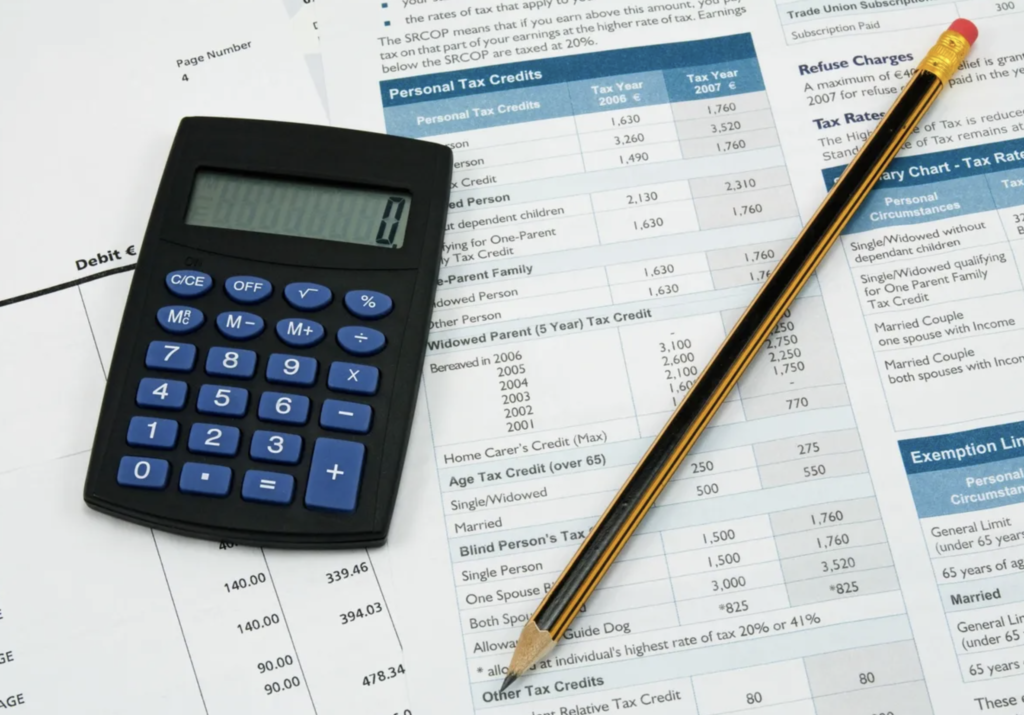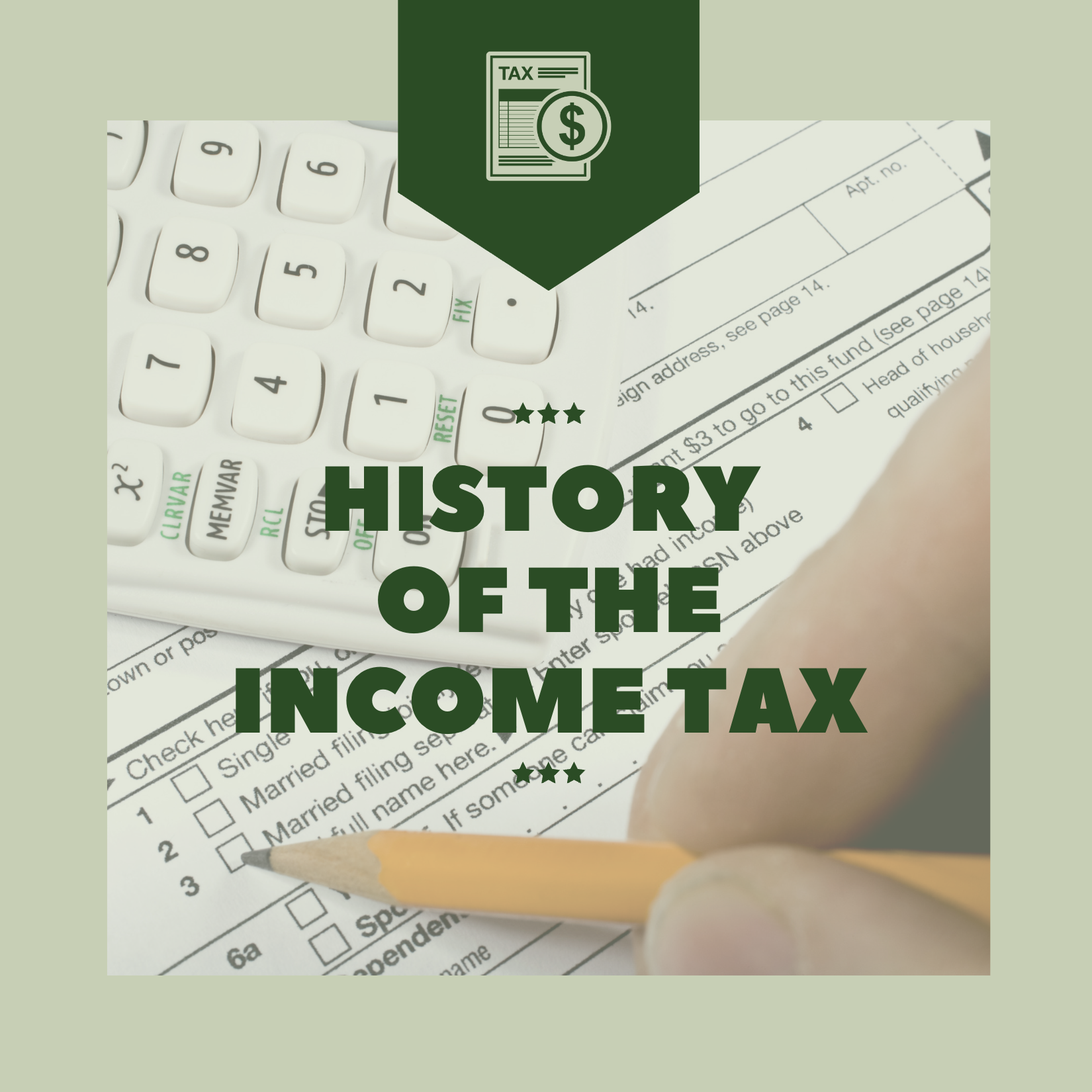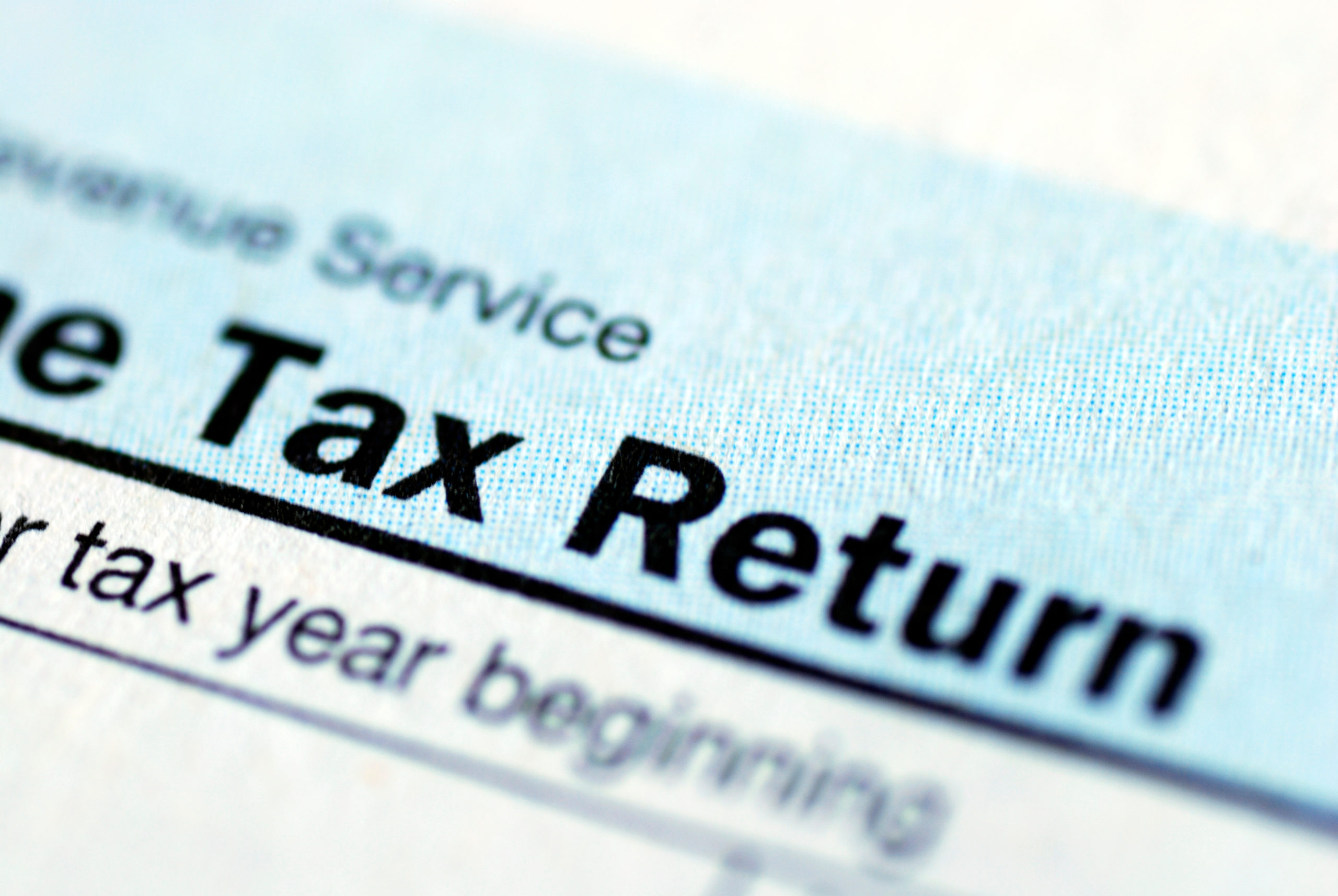
Posted on Columbia Daily Tribune Website on Jan 4, 2019 at 3:13 PM
Today’s topic is The History of Income taxes. I think the Founding Fathers were brilliant men. The original US Constitution prohibited the direct taxation of its citizens.
Let me quote that section, from Article 1, Section 9: “No Capitation, or other direct, Tax shall be laid …”
Most people understood that to mean that to include a tax on income. However, during the Civil War, the Union passed an income tax as an expedient way to fund the war. But after the war, the Supreme Court ruled that an income tax was unconstitutional.
In the early 1900s, Members of Congress and other government officials saw the world events and anticipated what we now know as World War I.
So Congress authored the 16th Amendment to the Constitution on July 2, 1909, which was ratified on Feb. 3, 1913, by the required number of State Legislatures. It became the law of the land Feb. 3, 1913.
The original 1913 tax return was 3 pages and one page of instructions. At a tax seminar I attended last month, the speaker said the US Tax Code is now 77,000 pages. If you count all the IRS Regulations, Rulings and Tax Court cases, that number is millions of pages.
Initially, only the wealthiest one percent of the population was required to file a tax return. Most citizens didn’t pay income tax, nor were they required to file. Before World War 2 only rich people had to file tax returns. Yet today, only a small percentage of people don’t need to file a return.
Here is a famous quote by the famous judge, Learned Hand: “Anyone may arrange his affairs so that his taxes shall be as low as possible; he is not bound to choose that pattern which best pays the treasury. There is not even a patriotic duty to increase one’s taxes. Over and over again the Courts have said that there is nothing sinister in so arranging affairs as to keep taxes as low as possible. Everyone does it, rich and poor alike and all do right, for nobody owes any public duty to pay more than the law demands.” (Judge Learned Hand, Helvering v. Gregory, 69 F.2d 809, 810 (2d Cir. 1934), aff’d, 293 U.S. 465 (1935)).
Therefore, structuring one’s affairs and finances to legally reduce one’s tax bill is permitted. It is not unpatriotic. It is just smart.
Most people think taxes are fair because they look at the tax charts and notice that the tax rates go up the higher one’s income. I once gave a short presentation to a group of about 50 students attending the University of MO. I started by asking the group if they thought income taxes were fair. Every hand went up. They were all of the opinion that the US Tax Code is fair.
Perhaps you also think the tax code is fair. Were you aware that Warren Buffet pays less of a percentage in taxes than does his secretary? He has been quoted saying this on more than one occasion. Were you aware that Mitt Romney only paid 15 percent in federal income taxes on $20 million of adjusted gross income in 2010? I have seen that tax return, which he released when he ran for President. Now, do you think the tax code is fair?
Even though the recent tax law known as the Tax Cuts and Jobs Act was extensive, its foundation is the 1954 Tax Code. Many of the tax law changes made by the Tax Cuts and Jobs Act of 2017 expire Dec. 31, 2025. They are not permanent.
Every two years, the composition of Congress changes. Each party has a better idea of how to make taxes fair. Nearly every year, Congress changes the Tax Code. In recent years, as many as six new laws have changed part of the Tax Code. As you can imagine, it is now a mess. President Jimmy Carter said, “The federal income tax system is a disgrace to the human race.”
My point is, you shouldn’t be surprised that with all these changes, there are tax breaks that Congress intended people to take advantage of and there are loopholes (unintended tax breaks) we can use to our advantage. Wealthy people have been using tax breaks to protect their wealth for generations. You should take full advantage of the tax breaks that exist this year to reduce your tax burden. According to Judge Hand, it is not unpatriotic to legally minimize your tax bill.
Aric Schreiner, CPA, PFS, is managing member of Columbia CPA Group, LLC.




